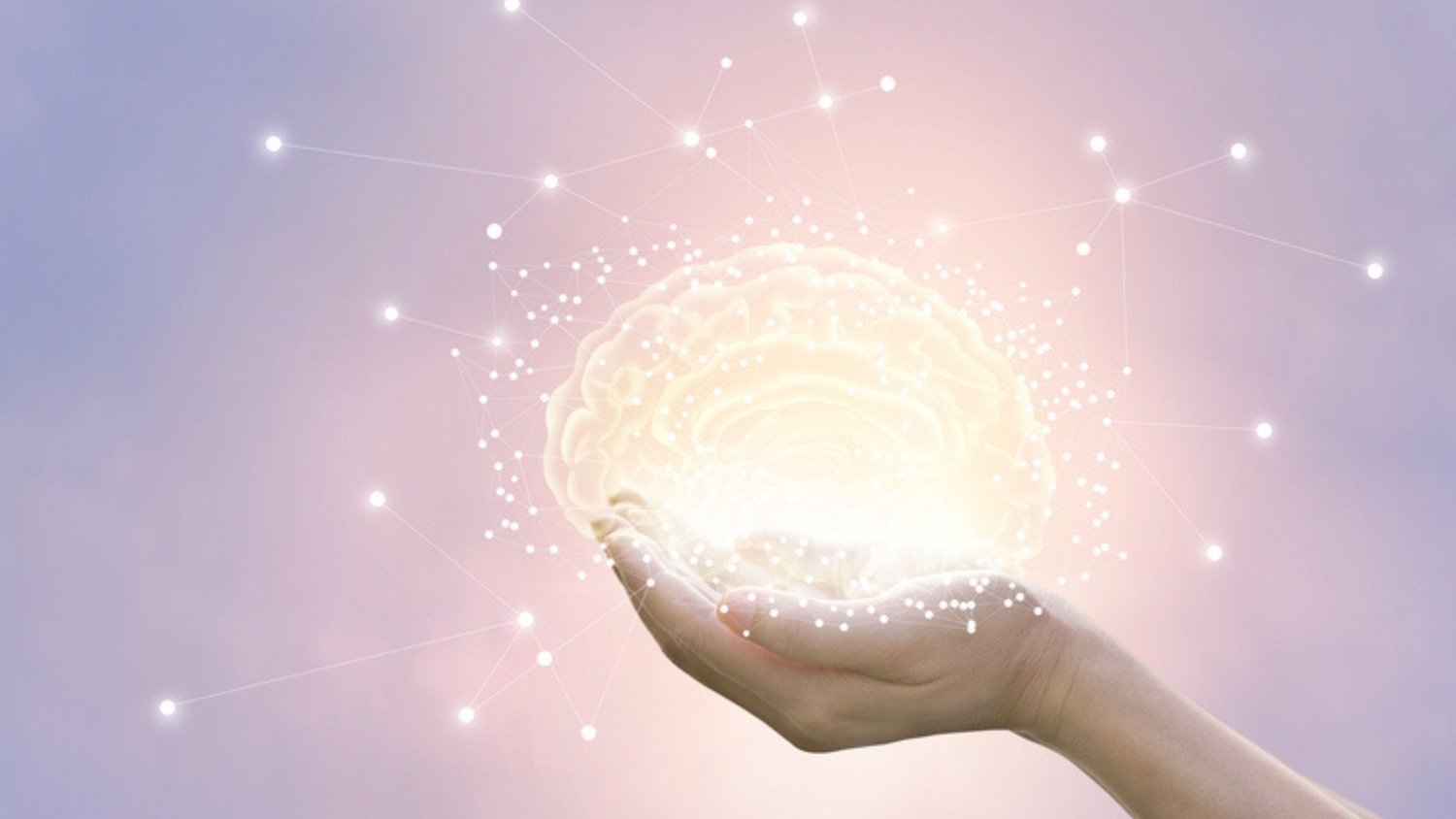Key Takeaways
- Your brain continues to grow new neurons in the hippocampus. Even well into your later years.
- These new brain cells play a vital role in learning, memory, and emotional wellbeing.
-
Understanding neurogenesis may unlock future therapies to keep the ageing brain sharp and resilient.
Did you know your brain is quietly regenerating itself every day? For decades, scientists believed humans were born with all the neurons they would ever have. But cutting-edge research from 2025 has rewritten that story. Using advanced tools like single-nucleus RNA sequencing and flow cytometry, Swedish researchers at Karolinska Institutet have confirmed that new neurons continue to form in the hippocampus—the brain’s memory and learning centre—even into our seventies (R).
It’s a remarkable discovery that turns the old “use it or lose it” narrative into “use it and grow it.” Neurogenesis (literally, the birth of new neurons) reveals how adaptable and hopeful our brains remain across a lifetime.
How the Brain’s “Garden” Regrows
Think of the hippocampus as your brain’s garden. Within it lies the dentate gyrus, where special neural progenitor cells act like seeds waiting for the right conditions to sprout. The 2025 Science study analysed brain samples from people aged birth to 78 years. Using molecular techniques, the scientists identified the full sequence of cell stages—from early stem-like cells to newly formed neurons actively dividing within the adult hippocampus (R).

What’s especially exciting is that the researchers confirmed these cells’ location with imaging tools called RNAscope and Xenium, which map where genes are active inside tissue. The new cells were precisely situated in the dentate gyrus—the very region linked with learning, memory, and emotional balance.
Interestingly, the study also found individual differences. Some adults had abundant progenitor cells, while others had fewer. This variation hints that lifestyle, environment, and perhaps even mindset could influence how actively the brain renews itself.
The Science Behind Neurogenesis
So how does this regeneration work? It all starts with neural stem cells, a rare type of cell that can self-renew and transform into neurons, astrocytes, or oligodendrocytes—the main cell types of the brain. In adults, most of these stem cells reside in two key areas:
- The subventricular zone, which lines the brain’s ventricles, and
- The dentate gyrus of the hippocampus.
As these cells divide, some become progenitor cells, which then mature into functional neurons that integrate into neural circuits. In the hippocampus, these newborn neurons form connections that strengthen learning, boost spatial awareness, and even support mood regulation (R).
Animal studies have shown that stimulating neurogenesis improves memory and reduces anxiety-like behaviours. Now, with direct human evidence, it’s becoming clear that your own brain likely shares this regenerative rhythm.
Why Neurogenesis Matters as We Age
It’s natural to associate ageing with decline, but this new evidence paints a more hopeful picture. Neurogenesis suggests that your brain retains its plasticity—its ability to adapt, reorganise, and grow—throughout life.
This process supports cognitive flexibility, helping you learn new skills, navigate changing environments, and maintain emotional resilience. It may even buffer the effects of stress and age-related memory changes. For instance, studies show that adults who remain mentally engaged, socially active, and physically fit tend to exhibit stronger hippocampal function and greater grey-matter volume (R).

Rather than seeing ageing as an inevitable slowdown, neurogenesis invites a reframe: your brain is constantly renewing itself, and you have more influence over that renewal than you might think.
Lifestyle Habits That Nourish a Regenerative Brain
While the 2025 study didn’t prescribe specific interventions, decades of neuroscience suggest several ways to encourage your brain’s natural renewal.
1. Keep Moving
Aerobic exercise is one of the strongest boosters of neurogenesis. Even brisk walking a few times a week increases blood flow and oxygen to the hippocampus, encouraging the birth of new neurons (R).
2. Keep Learning
Whether you’re tackling a new recipe, language, or hobby, mental challenge sparks neural activity that helps new neurons integrate into existing circuits. Learning keeps the “neural soil” rich and responsive (R).
3. Connect Socially
Engaging conversations, shared laughter, and emotional bonds release neurochemicals like oxytocin and dopamine, which support both mental health and brain regeneration (R).
4. Rest and Rejuvenate
Deep sleep consolidates memory and provides the brain time to clear waste and repair tissue. Think of sleep as your nightly “reset” for neuron growth (R).
5. Eat for Brain Health
A balanced diet rich in colourful vegetables, omega-3 fats, and whole grains supplies essential nutrients for neuronal health and reduces inflammation that can slow regeneration.
Each of these habits complements what your body already knows how to do—renew, adapt, and thrive (R).
The Future of Regenerative Therapies
The implications of ongoing adult neurogenesis are profound. By confirming the presence of proliferating progenitor cells in mature brains, researchers open doors to potential regenerative therapies for conditions such as depression, Alzheimer’s disease, and cognitive impairment following injury.
Already, scientists are exploring how to activate dormant progenitor cells or enhance their survival to repair damaged neural networks. Although these treatments are still in the early stages of research, they align with a broader understanding that the brain is far more dynamic than previously believed (R).
As these studies progress, they reinforce an empowering truth: your brain is built for renewal, not decline.
A New Mindset for Ageing
The discovery of lifelong neurogenesis isn’t just a scientific milestone—it’s a mindset shift. It reminds us that ageing can be a period of continued growth, creativity, and learning. Each new experience, conversation, or adventure you embrace sends ripples through your brain, literally reshaping it.
The Take-Home Message
Science now confirms what intuition always hinted: your mind can stay youthful because it’s designed to keep growing. Neurogenesis in the adult hippocampus gives tangible proof that your brain retains the power to adapt, connect, and flourish—well beyond what earlier generations thought possible.
Your daily choices—movement, curiosity, connection—aren’t just lifestyle habits. They’re signals telling your brain, “Keep growing.”
Want to learn more about how lifestyle shapes brain resilience and longevity? Read our next blog: The Best Way to Keep Your Brain Young.





